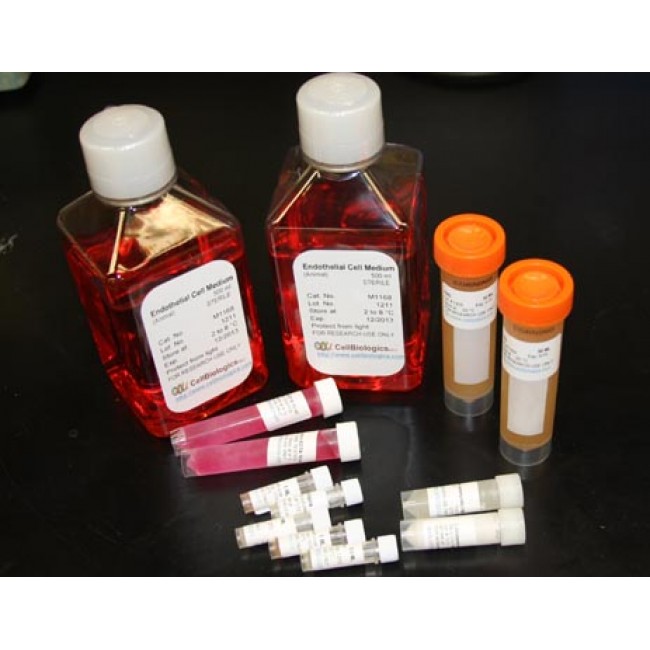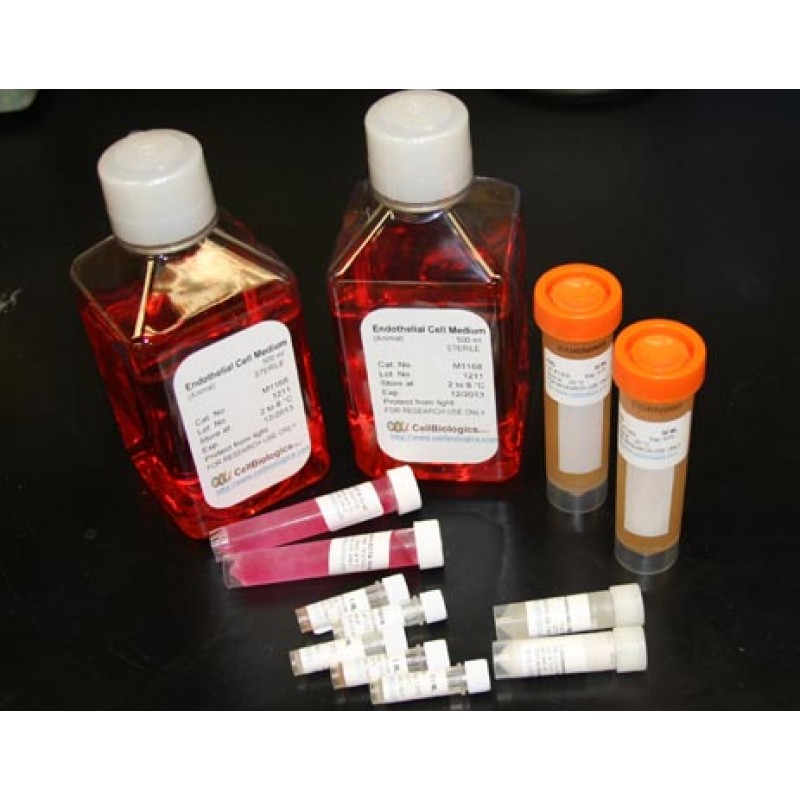IL-24 (melanoma differentiation-associated gene-7 [mda-7]), a member of the IL-10 cytokine family, possesses the properties of a classical cytokine as well as tumor suppressor effects. The exact role of IL-24 in the immune system has not been defined but studies have indicated a role for IL-24 in inflammatory conditions such as psoriasis. The tumor suppressor effects of IL-24 include inhibition of angiogenesis, sensitization to chemotherapy, and p38 mitogen-activated protein kinase (MAPK)-mediated apoptosis. Current knowledge on the regulation of IL-24 expression is sparse. The melanoma differentiation- associated gene-7 (mda-7) was discovered through subtraction hybridization of cDNA libraries prepared from melanoma cells. As mda-7 shares considerable structural and sequence homology with IL-10 cytokine family members it was recognized as a member of this family and renamed interleukin-24 (IL-24). IL-24 signals through a heterodimeric receptor complex consisting of the IL-20R-beta subunit together with either the IL-20R-alpha subunit or the IL-22R-alpha subunit. The IL-20R-alpha/IL-20R-beta complex is shared with IL-19 and IL-20 whereas the IL-22R-alpha/IL-20R-beta complex is shared with only IL-20. Binding of IL-24 as well as IL-19 and IL-20 to the receptor complexes results in signal transducer and activator of transcription 3 (STAT3)-activation.


